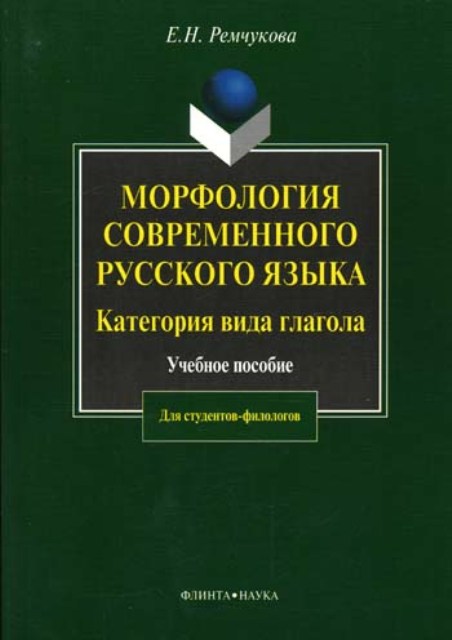Instruction
1
The main way to determine the type of the verb – ask him the question. In the infinitive form of the verb (the infinitive) is the questions of "what to do/what to do?". The verb answering the question "what to do?" will show that the action or completed in time, or has not yet begun. In any case, it's not happening at the moment. So, it's a verb perfective. If a verb answers the question "what to do?" it shows that activity takes time in the moment that it wasn't made yet. Therefore, before you verb imperfect.
2
The definition of issues is the most simple and reliable way. To remember it easily: if asked the question has the prefix "s", the verb perfective. If the prefix is not – imperfect. While the form of the questions can vary depending on the form of the verb: for example, the questions "what to do", "made", "making" can only be set to the perfect verbs (because they have the prefix "C"), the tense of the verb its form is not affected. The same process is observed in verbs imperfect.
3
To distinguish between perfect and imperfect types of the verb is possible and on formal grounds. As a rule, verbs, imperfective verbs are formed from perfective suffixal method.
- IVA -, -, ya - to tell → tell.
- VA - : cover → cover.
- a-, -I-: save → save. In these species pairs, the first verb (producing) the perfect tense, and the second (derived) – is imperfect.
- IVA -, -, ya - to tell → tell.
- VA - : cover → cover.
- a-, -I-: save → save. In these species pairs, the first verb (producing) the perfect tense, and the second (derived) – is imperfect.
4
Continuous verbs can form perfect verbs in the following ways:
Console.
- teach → taught.
by : build → build.
Pro-to say → to speak.
Suffixal.
"well get used → used to.
In these pairs the first verb is imperfective aspect, while the second is perfect. Please note that in this case changing not only formal look and form of the verb, but also its lexical meaning.
Console.
- teach → taught.
by : build → build.
Pro-to say → to speak.
Suffixal.
"well get used → used to.
In these pairs the first verb is imperfective aspect, while the second is perfect. Please note that in this case changing not only formal look and form of the verb, but also its lexical meaning.
5
Duvidovy verbs should only be considered in context. Depending on the speech situation, they can be verbs, perfect or imperfect. Consider the example of the works of N. In. Gogol.
"Shall I, I shall have to submit Mat?"Ask a question to the word "order". In this context: I (do what?) say. The verb perfective.
However, if the verb "tell" to consider at the present time, the question will be "what to do": therefore be imperfect.
"Shall I, I shall have to submit Mat?"Ask a question to the word "order". In this context: I (do what?) say. The verb perfective.
However, if the verb "tell" to consider at the present time, the question will be "what to do": therefore be imperfect.
